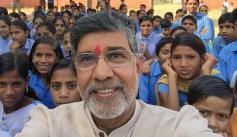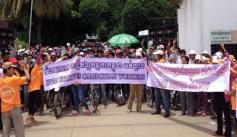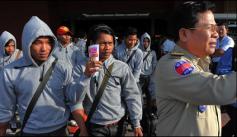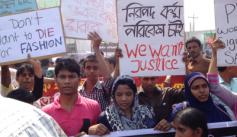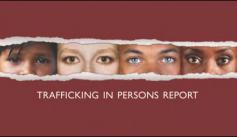Blog
November 20, 2014
ILRF Board Member Kailash Satyarthi Wins Nobel Peace Prize
October 10, 2014
$177/Month Demand Builds in Advance of Cambodian Wage Decision
October 8, 2014
Justice for the Earth and all its workers
September 21, 2014
Second Anniversary of Baldia Factory Fire Tragedy
September 11, 2014
Baldia Town factory fire victims still without compensation
September 11, 2014
Fighting the labor law rollback in Peru
August 8, 2014
Progress in Bangladesh?
July 3, 2014
Pages
Blog archive
- January 2011 (7)
- December 2010 (3)
- November 2010 (5)
- October 2010 (11)
- September 2010 (7)
- August 2010 (8)
- July 2010 (13)
- June 2010 (14)
- May 2010 (4)
- April 2010 (10)
- ‹ previous
- 12 of 17
- next ›

